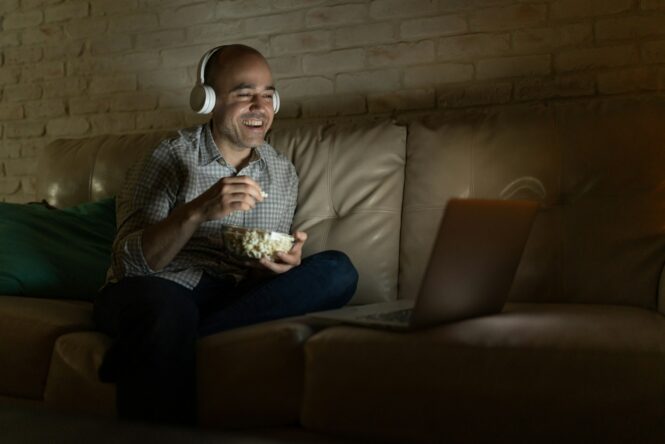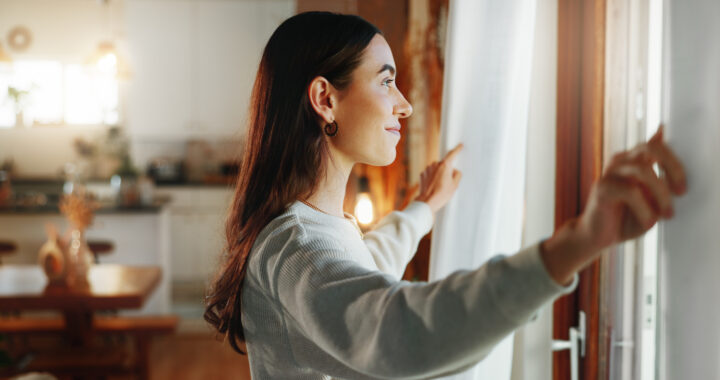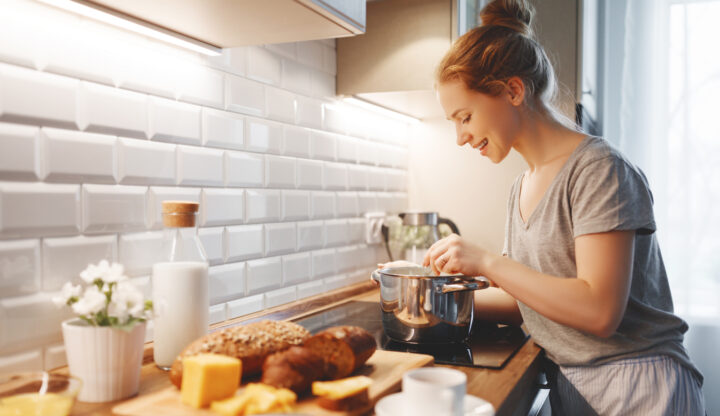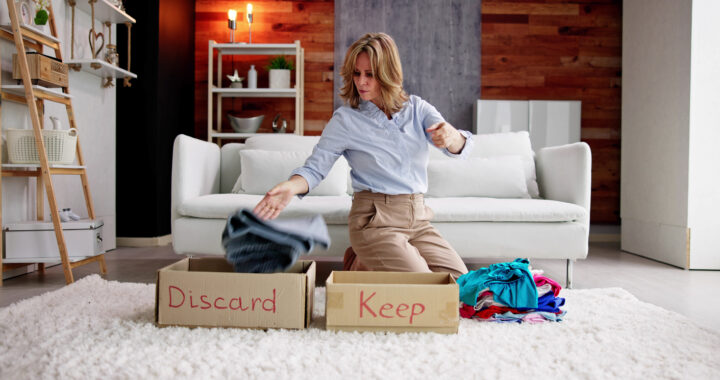You’re not boring, you’re not antisocial, and no, you’re not missing anything life-changing by staying in tonight.

More and more people are choosing quiet over chaos—and discovering that JOMO, the joy of missing out, might be the best decision they never bragged about. After all, you’ve been to all the clubs and pubs and danced and drank ’til the sun comes up. You’ve been there, done that, and while it was fun at the time, you’re looking for a different experience these days. Here’s why you shouldn’t feel bad about that.
1. You actually come back to life, not just recover from the night.

Going out often means draining your energy just to feel socially relevant, but staying in lets you recharge without a hangover, overstimulation, or emotional depletion. You’re not just surviving the next day—you’re genuinely restored. There’s something wildly underrated about waking up with energy, clear thoughts, and the quiet satisfaction of having listened to your body. JOMO isn’t about hiding—it’s about healing.
2. Your evenings feel like yours again.

When you stop filling every blank space with social plans, something changes. You realise you actually have time to read, cook slowly, catch up with yourself, or sit in the weird comfort of doing nothing at all. You’re not rushing between plans, checking the time, or squeezing in self-care like a side job. You’re just living, and in a culture that glorifies hustle and busyness, that stillness is rebellion in the best way.
3. You stop performing and start relaxing.

Even when it’s fun, going out can come with a quiet pressure—look good, stay interesting, be “on.” Staying in lets all of that fall away. There’s no audience, no playlist to match the mood, no need to keep up. It’s the difference between laughing at a meme alone in bed and trying to be charming across a bar table. One takes effort. The other fills your cup. And once you taste the freedom of being fully off-duty, it’s hard to go back.
4. You avoid the overstimulation your nervous system didn’t sign up for.

The crowds, the loud music, the bright lights, the small talk—it all adds up, even if you don’t notice it straight away. For sensitive or socially intuitive people, that sensory load lingers long after the party ends. Staying in lets you move at your own pace. You get to regulate how much noise, energy, and engagement you take in. That kind of control is a gift, especially when life already feels overwhelming.
5. You save your energy for what actually matters.

It’s not that you never want to go out. It’s just that you want to spend your energy wisely. You stop showing up out of guilt or habit. You start asking, “Do I actually want this, or am I just avoiding FOMO?” When you stay in by choice, you begin to notice how much of your social life was autopilot. In its place, you start choosing experiences that align with your energy, not just your calendar.
6. Your weekends don’t feel like recovery missions.

No more dragging yourself out of bed, foggy-brained and behind on everything you promised yourself you’d do. Staying in means your weekends get to be restorative instead of just “recovery time” from the week or the night before. You wake up with the mental clarity and emotional availability to do things that actually bring you joy—without caffeine, regret, or a vague sense that you’ve wasted your one free day again.
7. You get more done without even trying.

Ironically, once you stop trying to optimise every spare moment, you get more done. There’s no pressure, no multitasking—just being present with yourself in a quiet space where your mind can actually settle. That space makes room for focus. You’ll find yourself clearing out your inbox, picking up a book, folding laundry, or journaling—without forcing it. That’s because when you’re not overstretched, you stop procrastinating just to cope.
8. Your body thanks you (and your wallet does too).

Late nights, fried food, expensive drinks, long Ubers—going out has a cost, and it adds up fast. Staying in helps your nervous system and your budget breathe easier at the same time. You’re not being cheap or antisocial. Instead, you’re just realising that rest, comfort, and warmth are sometimes more valuable than another cocktail in a crowded room.
9. You learn to enjoy your own company instead of running from it.

A lot of us used to say yes to everything just to avoid sitting still. But once you get past that initial restlessness, staying in becomes less about missing out, and more about checking in. You start to like the person you are when there’s no distraction. You begin to notice what soothes you, what excites you, what calms you down. That kind of intimacy with yourself is quietly life-changing.
10. You stop needing external permission to feel fulfilled.

You no longer need to be tagged in stories, have weekend plans lined up, or explain why you’re doing “nothing.” You stop measuring joy by how social you were. In that subtle change, something opens up. You learn to define fulfilment by how peaceful you feel, not by how full your calendar looks. That’s where JOMO becomes a lifestyle, not just a night in.
11. You become more intentional about the people you do see.

When you’re not trying to say yes to every plan, you start noticing who really brings value to your life. You reach out more purposefully. You connect more meaningfully. The pressure to constantly be available fades, and your relationships deepen. Less time spent doesn’t mean less connection—it just means clearer priorities.
12. You start redefining what fun actually feels like.

Turns out, joy doesn’t have to be loud. Sometimes it looks like wearing your oldest hoodie, rewatching comfort shows, baking something slow, or getting lost in a random internet rabbit hole. The more you embrace staying in, the more you start noticing the little highs—peaceful, silly, personal moments that don’t need to be broadcast to feel real. That’s the magic of JOMO: it’s joy that asks for nothing but your presence.




